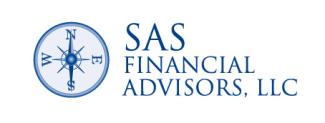
For Analysis sake..
Goldman Sachs issued a report today in regard to the performance of the US stock market over the next 10 years. \
Their expectation is 3%! CNBC Daily Open: Concerns over high interest rates return, pressuring stocks.
If you read the report, they are concerned about the historically high valuation of the current market averages. A common measure is a benchmark called the CAPE index that stands for the cyclically adjusted price earnings measurement. It looks at a trailing 10 price earnings ratio (stock average price divided by the same averages earnings). The rationale for a 10-year average is that the 10 years will take into account the annual natural fluctuations based on bubbles and bear and bull markets. The goal is to provide a historically based expectation for long term financial planning. It is not a useful short-term indicator. As of today, the CAPE is at 37.9. Here are some benchmarks to put some meaning to this number:
For analysis's sake, the CAPE can be divided into tiers indicating odds of returns over 10 years. Even though the max CAPE number is still 20% away, if you remember, December 1999 preceded the dot.com bomb and the minimum preceded the crash. Looking at the median and mean show that current the CAPE average is quite high-in the top quadrant. This is one reason Goldman Sachs is using 3% as its expected return. The SP 500 has averaged 13% during the last 10 years. It is easy to get used to these higher-than-average returns and therefore a decline in returns hurts more. How easy is it to forget 2022, the last negative returns in the stock market and for icing on the cake, a significant increase in interest rates.
If we have the 3% return as our bottom guard rail and 10% as the most optimistic case, then a return of 6% is very acceptable. Those opportunities are available, and we are taking advantage of them.

